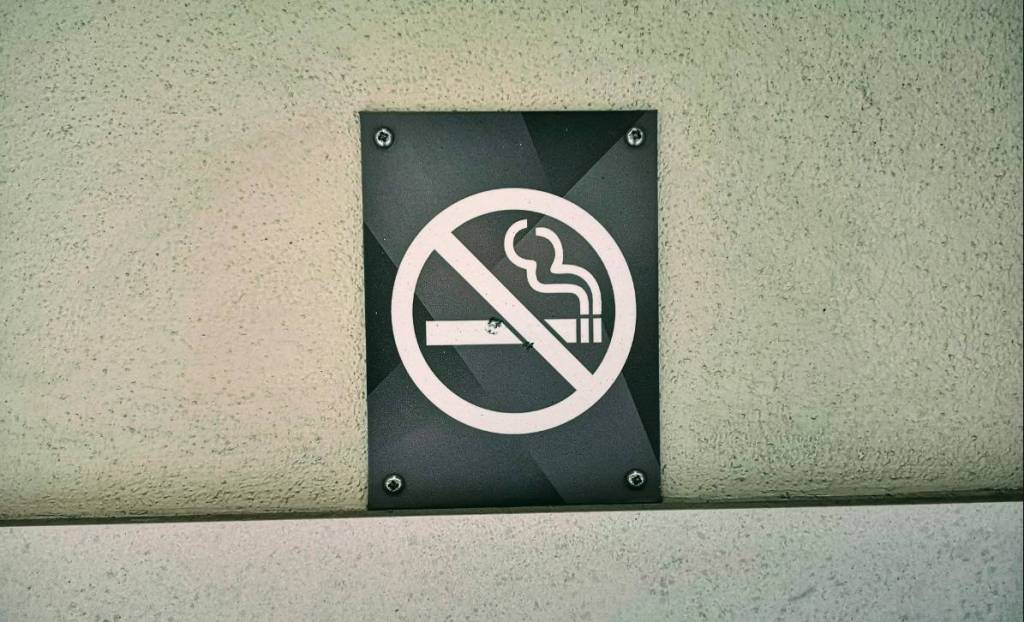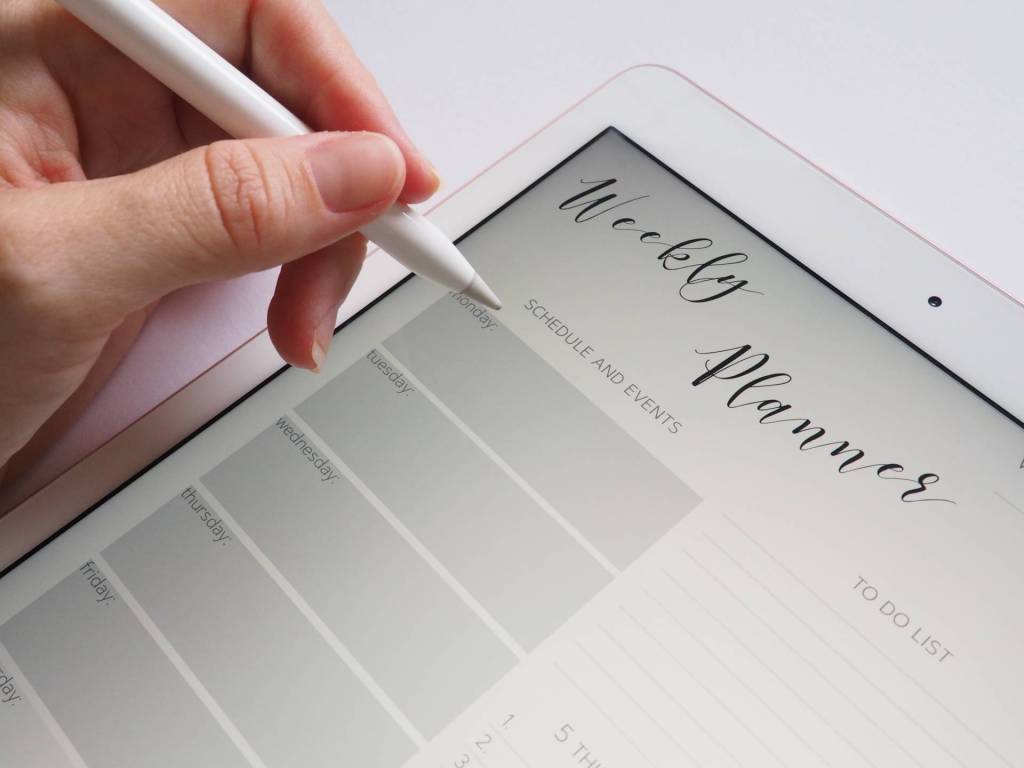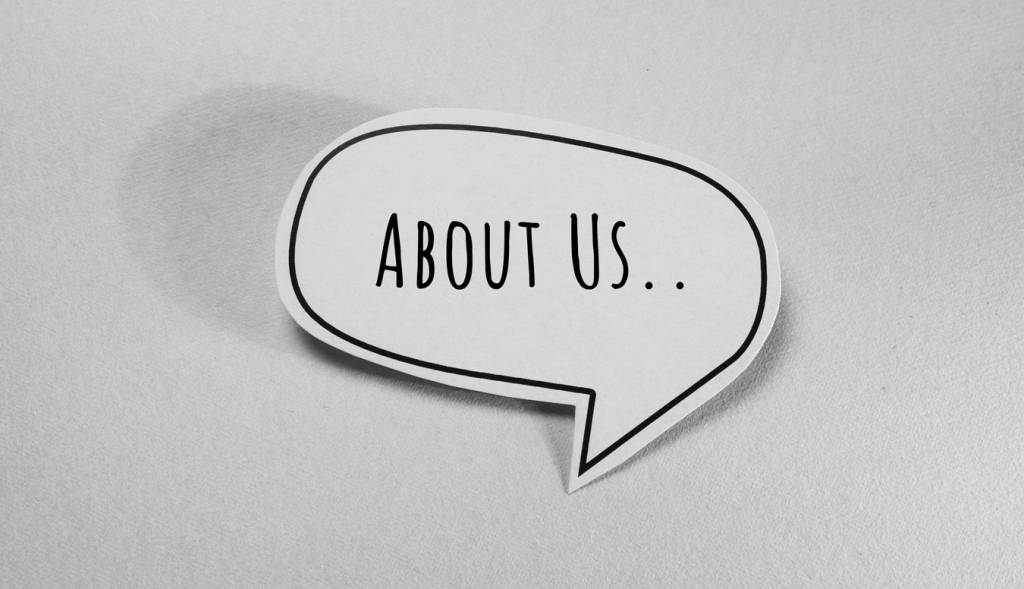Saying “No” is often more complicated than it seems. Why saying “No” isn’t the best thing you can do this year—and what you should do instead.
The power of “No.” Change, upheaval, uncertainty, stress, and difficulty have been regular features of our lives over the last couple of years. And it seems that many of us have taken advantage of this once-in-a-lifetime opportunity to stand back and consider what is important to us. #Priorities.
Many individuals have said that this year is the year of saying no. So true! This is also the year of great personal branding ideas.
Getting rid of extra things that take up significant time and distract attention is something many people believe in. This is not a question of social media platforms. However, for many, saying “No” is more complicated than it seems. Even influencers have trouble with it.
We have an intrinsic desire for connection with other people — it’s vital to our existence, said Vanessa Bohns, Ph.D., a professor of organizational behavior at Cornell University, in an essay published in Real Simple. We are concerned that saying no may cause these ties to be severed.
“No” may be a difficult word to say since it might seem harsh and unpleasant, mainly if you haven’t made friends with the word before. Tell yourself: “I have a difficult time saying no, but I understand that I will not accomplish my most essential objectives until I do.” You can also substitute “No” with one of these softer but no less forceful alternative responses.
“No, not just now.”
“This could be a nice concept, but it’s simply not the right moment right now.”
- Translation: “This could become more fascinating or beneficial to me if I wait a little longer.”
Questions to ask yourself to help you assess whether or not this is the best course of action:
- Is there anything I stand to lose if I put this off?
- What makes you think this is more essential than the other things I’m doing right now?
- How come your thoughts are delaying it?
- What will my feelings be if I postpone and then don’t get to do it?
“That is not the case with me.”
In some instances, the response is not a definite “No” but rather a simple “No, it’s not appropriate for me.”
You must allocate this duty after finding the most qualified individual for the job in this situation.
Here are some things to ask yourself to determine whether this is the best technique for you:
- Who would be more qualified to do this task?
- Why carry out such a task?
- Who would stand to gain from such an action?
- What person has the time and availability to do this task within the specified timeframe?
“No, not in the manner requested.”
This is a topic that I tend to come back to time and time again. The response isn’t a definite “No” in the traditional sense.
“No, I’m afraid I won’t be able to accomplish it that way, but I’d want to try. And here’s what I’d like to offer in its place.”
Here are some things to ask yourself to determine whether this is the best technique for you:
- What changes do you think your ask must take to get a yes?
- How do aspects of doing it differently make it more beneficial to me?
- What would be the substance of my counter-proposal?
“Never, ever.”
Okay, so this is a resounding “No” and you should only use it after you’ve exhausted all other options, including the three just named, before proceeding.
“No” indicates that it would never be a high enough priority for me to complete the task at hand — whatever it was.
Answers to all of the questions listed above.
What if you come up with nothing? You’ll know that the answer is “Never.”
If you’re concerned that your response will negatively influence your connection with the requester, you should take the time to analyze your relationship with that person.
Respect for each other’s time and energy is the foundation of the most vital working relationships.
It is possible to preserve healthy connections by substituting somewhat different but equally significant alternatives to the word “No.” It is also possible to keep focused on what is essential by feeling comfortable with not chasing everything that comes your way.
If you include these variants into your lexicon, you will no longer be considered a naysayer.
If you’ve made a commitment to saying “No” to more things in 2022, but (like me) those two letters make you feel dreadful, consider one of these above approaches.













